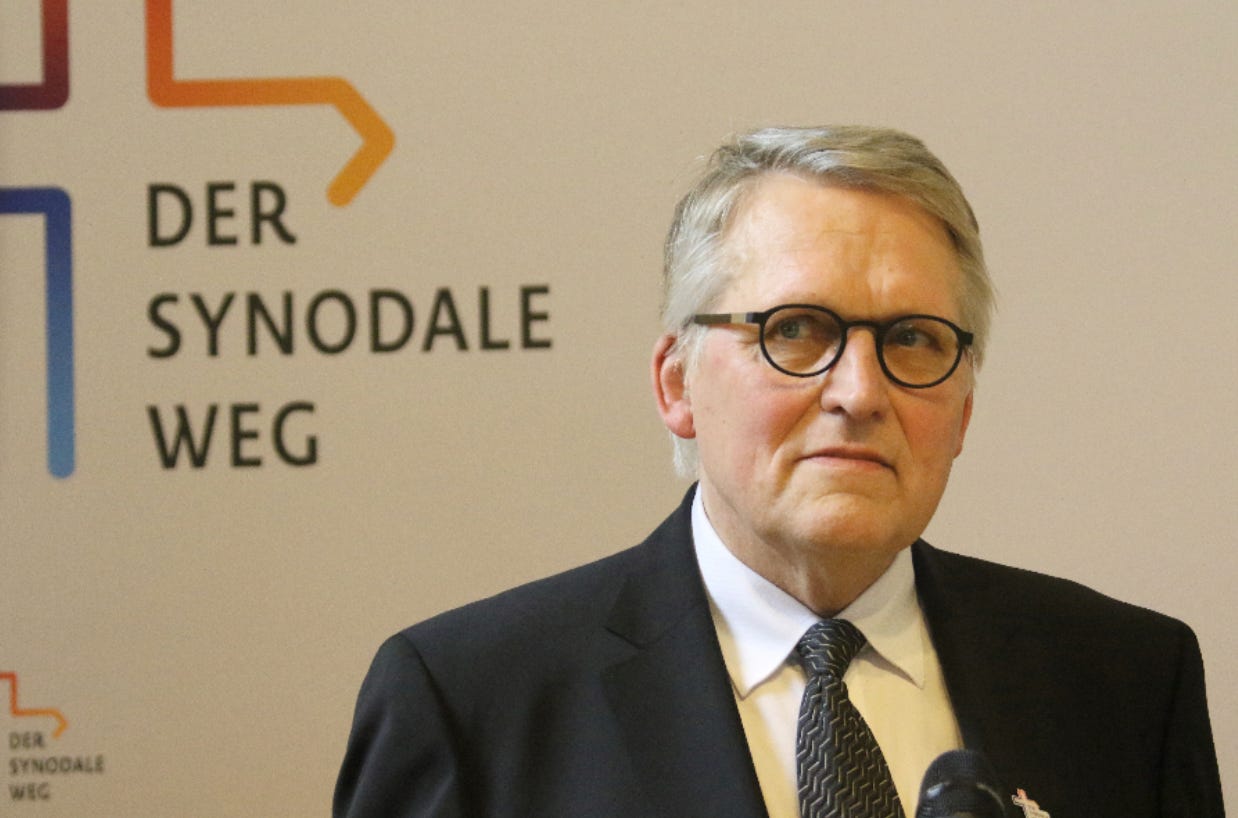'Synodal way' architect says political tactics built pressure for change
An architect of Germany’s “synodal way” has explained how organizers used tactics employed successfully in politics to build pressure for change in the Church.

An architect of Germany’s “synodal way” has explained how organizers used tactics employed successfully in politics to build pressure for change in the Catholic Church.
Thomas Sternberg said in a Dec. 2 interview that issues such as married clergy, women priests, and homosexuality were “opened up” by the initiative and were now being “discussed internati…
